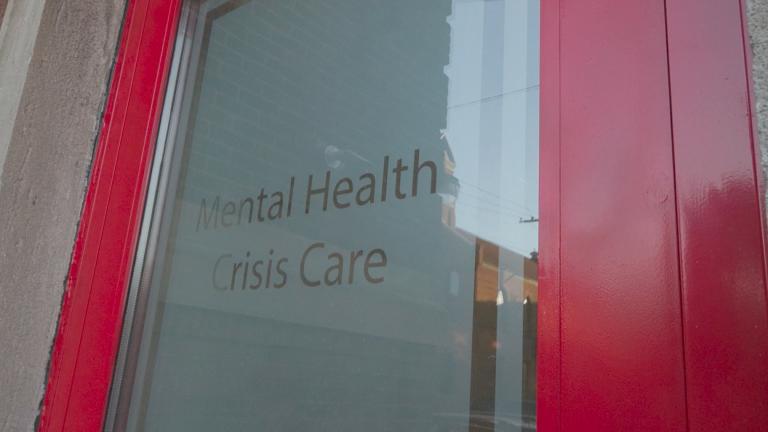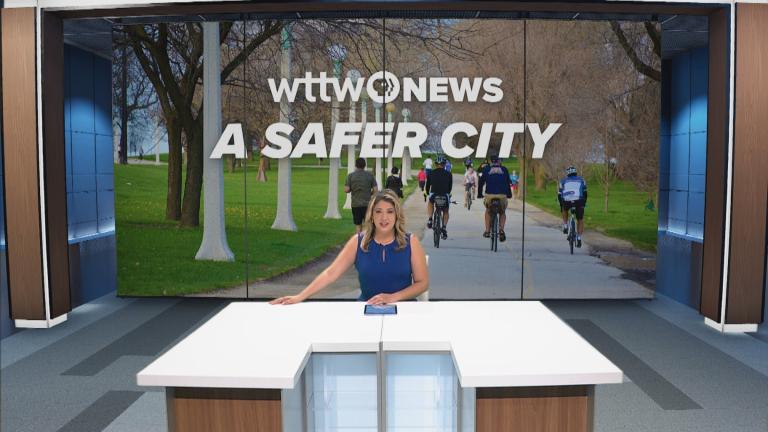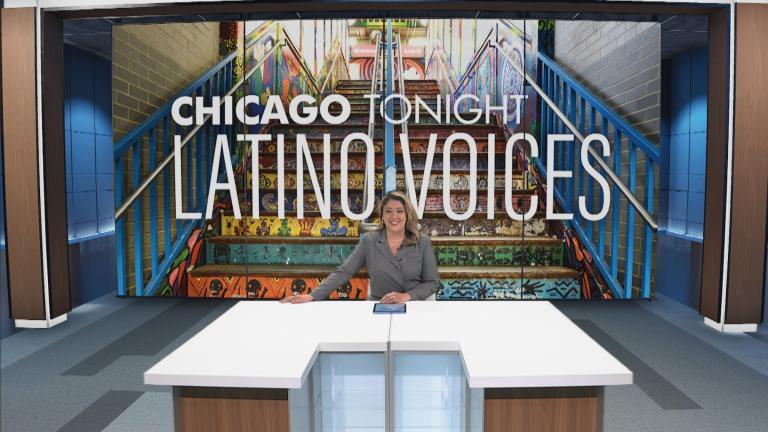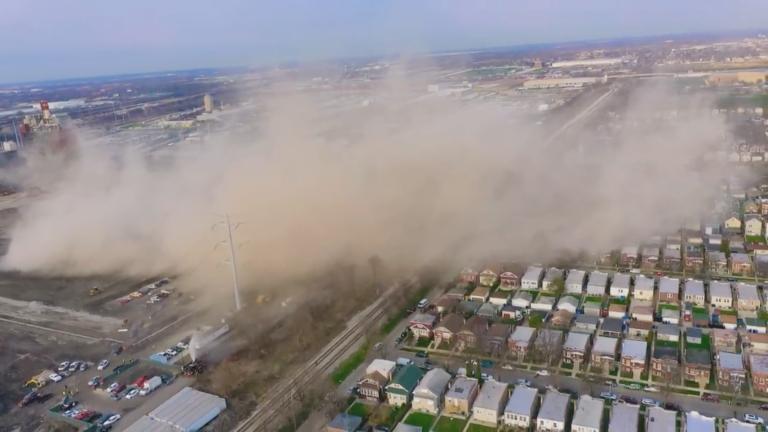The Humboldt Park community has a growing homeless encampment in its namesake park.
It’s raising concerns for some residents, according to a report by Block Club Chicago, while prompting local officials to try to find long-term solutions.
Ald. Jessie Fuentes (26th Ward) surveyed the tent encampment and spoke to individuals on a one-on-one basis.
“We wanted them to feel humanized and dignified and that there wasn’t one broad stroke of stereotypes that were tagged to them, but rather I was there to affirm their lived experiences,” Fuentes said. “Their needs are diverse. We have individuals in that encampment who are veterans who have served this country who cannot afford to live in the city of Chicago. We have individuals who were evicted promptly after COVID.”
It’s not an issue isolated to Humboldt Park. According to the Chicago Coalition for the Homeless, more than 65,000 Chicagoans are currently unhoused.
Bruce Parry with the Illinois Union of the Homeless said it has been a growing issue ever since the pandemic hit.
“There’s no question that the number of encampments throughout the city have increased and each of the encampments has increased in size and we’re seeing more and more homeless people,” Parry said. “The economy is actually generating poverty and generating the worst aspect of poverty, which is homelessness. And we’re seeing the direct results of that here in Chicago.”
Meanwhile, Cook County Commissioner Anthony Quezada of the 8th District, which includes parts of Humboldt Park, said it’s a deeply personal issue for many.
“We’re seeing it in our parks under bridges, on our streets, on our transportation hubs and stations,” Quezada said. “I think we’re also seeing it within our families. The cost of living is increasing. Housing costs are increasing. Poverty is increasing, while wages are stagnant. I think a lot of people are at risk of becoming homeless, and a lot of people are already homeless.”
Fuentes said one of the biggest reasons there’s a growing encampment in her ward is the lack of a 24-hour shelter nearby.
“These are individuals that are in our community that have lived in this community,” Fuentes said. “This is where they find home. This is where they find comfort, and the idea of having to leave that space is further traumatizing, and so considering a shelter in the area is one of the solutions. But we also know that we don’t have enough affordable housing in the 26th Ward so continuing to build affordable housing is top priority for me.”
The Bring Chicago Home initiative recently got its spotlight in City Hall. The proposal seeks to increase the real estate transfer tax on purchases of properties worth $1 million or more to fight homelessness.
“That permanent revenue source will allow us the financial opportunity to build the housing that the city needs,” said Fuentes, who’s a supporter of the ordinance.








